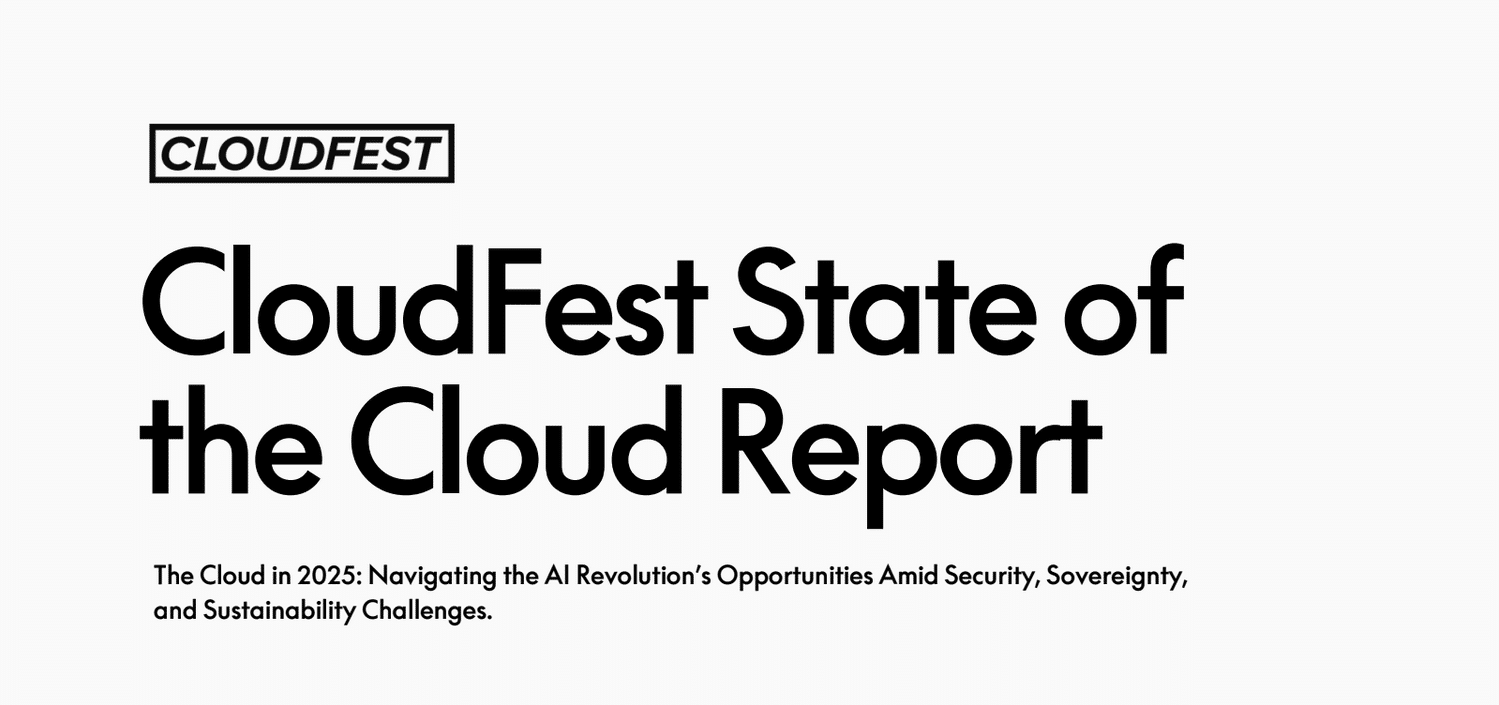The UK has just secured one of the biggest AI infrastructure commitments in its history. As part of the new Tech Prosperity Deal between the US and UK (in case you missed it, this was part of Trump’s recent state visit to the UK), Microsoft, Nvidia, and Google are pouring billions into data center buildouts, AI research, and Cloud capacity across the country.
For Cloud service professionals and IT leaders, it might look like just another hyperscaler headline, but in fact it’s a signal that the UK is taking steps to become a frontline hub for AI innovation and Cloud expansion—and that could create opportunities for everyone in this industry.
Billions on the table
Microsoft has pledged a staggering $30 billion to the initiative until 2028, its largest UK investment to date. Roughly half will go into new Cloud and AI infrastructure, with the rest earmarked for AI research and model development. Nvidia is committing $15 billion to deploy 120,000 of its latest GPUs in partnership with UK hyperscaler Nscale and GPU Cloud provider CoreWeave.
Meanwhile, Google and its owner Alphabet have opened a new facility in Hertfordshire, UK as part of a $6.8 billion investment in infrastructure and R&D over the next two years.
Together, these moves represent the largest AI infrastructure rollout in UK history. For context, Amazon has already committed £8 billion to AWS expansion in Britain, while Oracle is investing $5 billion over five years.
The message is clear: the UK is now a strategic battleground for hyperscalers racing to meet surging enterprise demand for AI and Cloud services.
What can CSPs expect?
For CSPs and IT leaders, the implications are significant.
- Capacity and performance: With hyperscalers building out to this degree, there’s going to be greater availability of high‑performance compute assets, lower latency, and more resilient regional capacity.
- AI-ready infrastructure: Nvidia CEO Jensen Huang told BBC News: “The moment is right—it’s [the UK] just missing the infrastructure… You can’t create this industry without the AI factories.” Nvidia’s GPU deployments will supercharge AI workloads, opening opportunities for service providers to build and resell AI-driven solutions. And remember, Nvidia is investing $5 billion in Intel, bringing them into the picture.
- Ecosystem growth: These investments will attract startups, ISVs, and enterprise projects to the UK, creating demand for integration, managed services, and hybrid Cloud expertise.
The infrastructure is coming—and Cloud professionals who can package, optimize, and secure it for clients will be in high demand.
The Cloud sovereignty question
But there’s a flip side. As the UK leans heavily on US tech giants, questions of data privacy, sovereignty, and regulatory oversight will naturally emerge(again). GenAI deployments in particular raise thorny issues:
- Data residency: Where is sensitive training data stored, and under which jurisdiction does it fall?
- Regulatory compliance: With the EU pushing ahead on AI regulation and the UK drafting its own frameworks, industry leaders will need to keep a close eye on shifting compliance requirements.
- Cloud sovereignty: It’s a hot topic in Europe, and there’s growing concern about over‑reliance on foreign hyperscalers (even with AWS’s European Sovereign Cloud expected by the end of 2025). For UK enterprises, balancing access to cutting‑edge AI infrastructure with control over data governance will be a key challenge.
What’s next?
For IT leaders, the opportunity is to get ahead of the curve. That means:
- Building AI‑ready architectures that can flex across regions and providers.
- Advising clients on compliance and sovereignty risks as part of their Cloud strategy.
- Exploring partnerships with hyperscalers while keeping an eye on interoperability—as well as exit strategies for worst-case scenarios.
- Building Alt Cloud providers into the mix to boost resilience and create tailored solutions.
The Tech Prosperity Deal is a milestone moment. It establishes the UK as a major node in the global AI and Cloud network—but it also raises the stakes for Cloud professionals tasked with making this infrastructure work securely, efficiently, and in line with evolving (and multiplying) regulation. The winners will be those who can take this momentum and translate it into trusted, value‑driven services for their clients.



